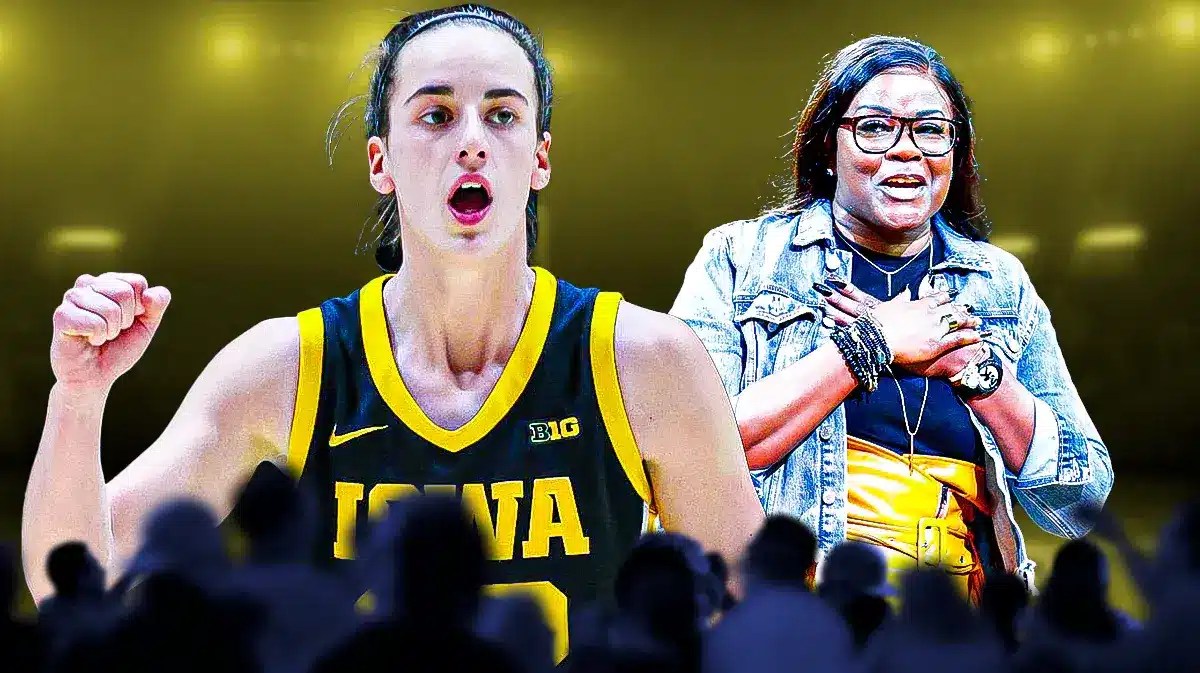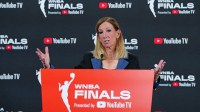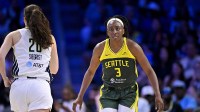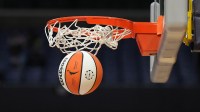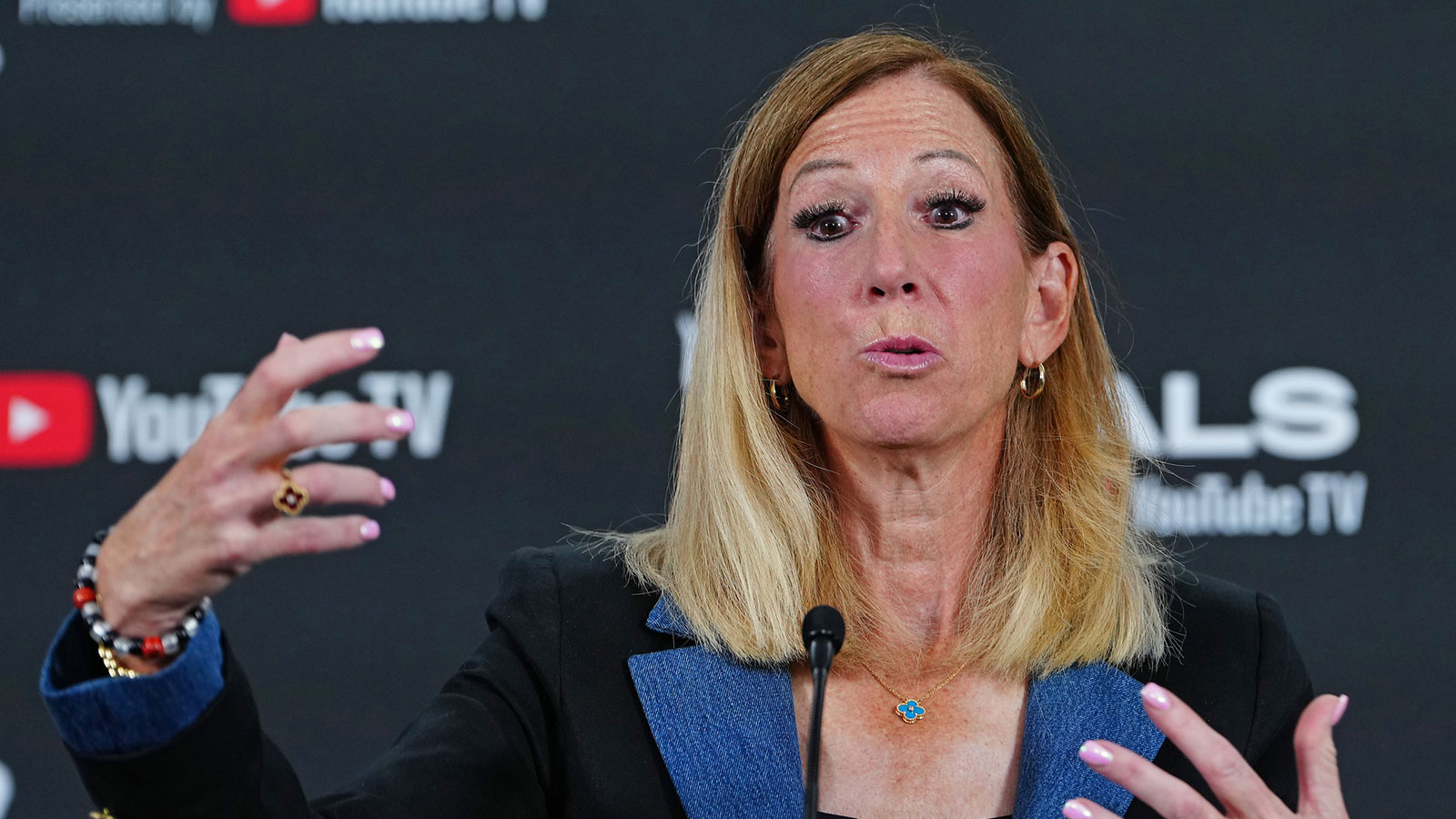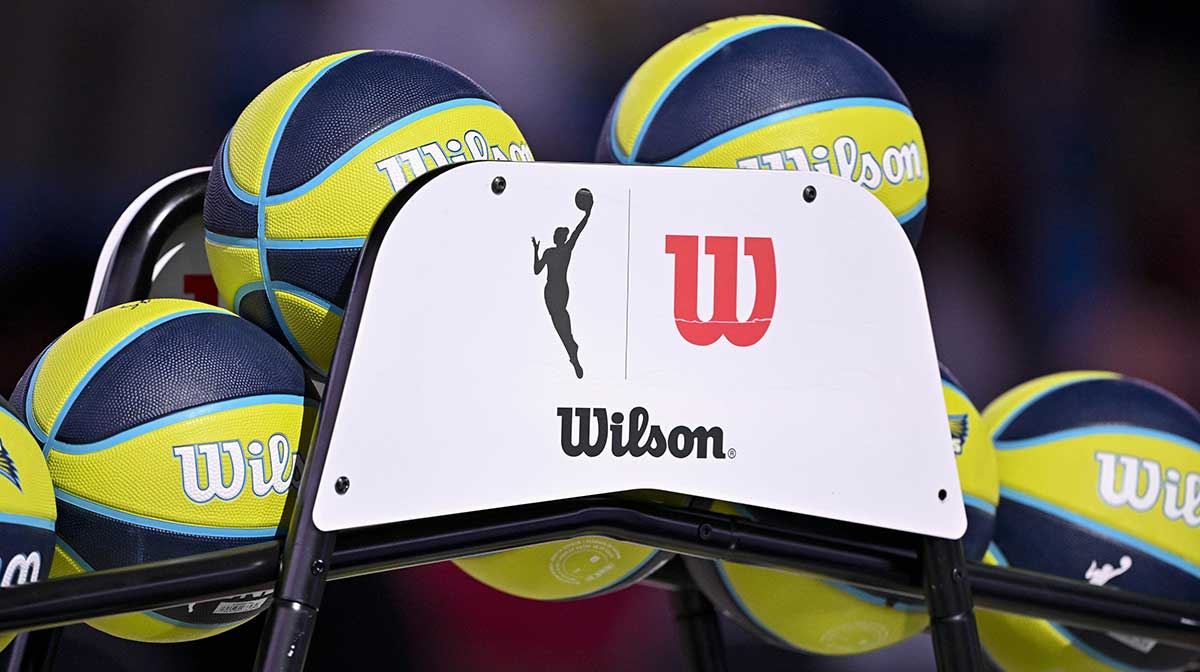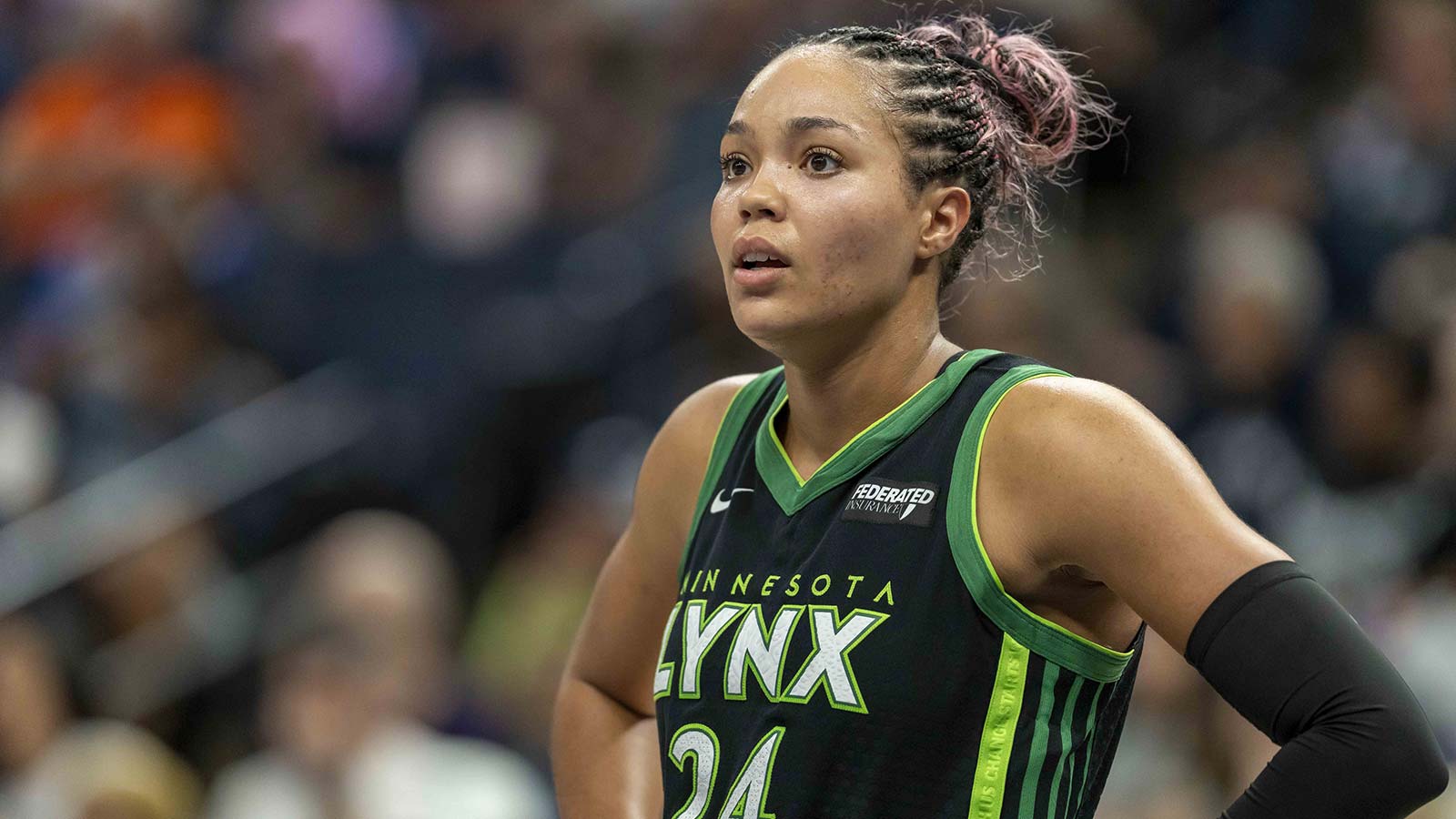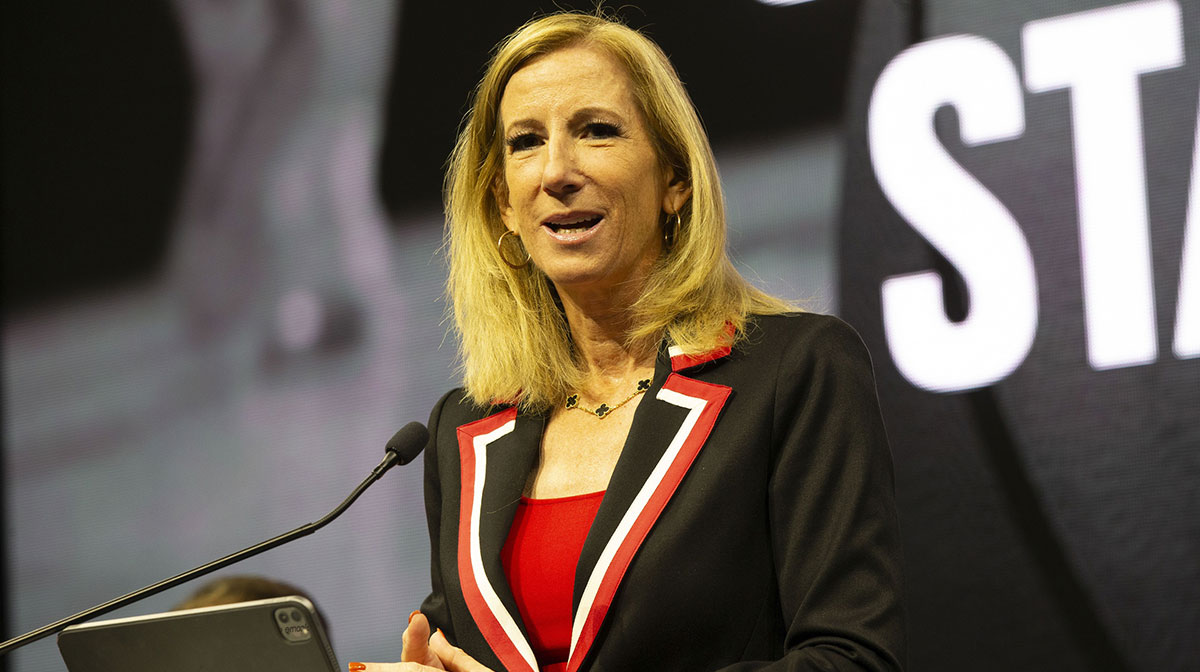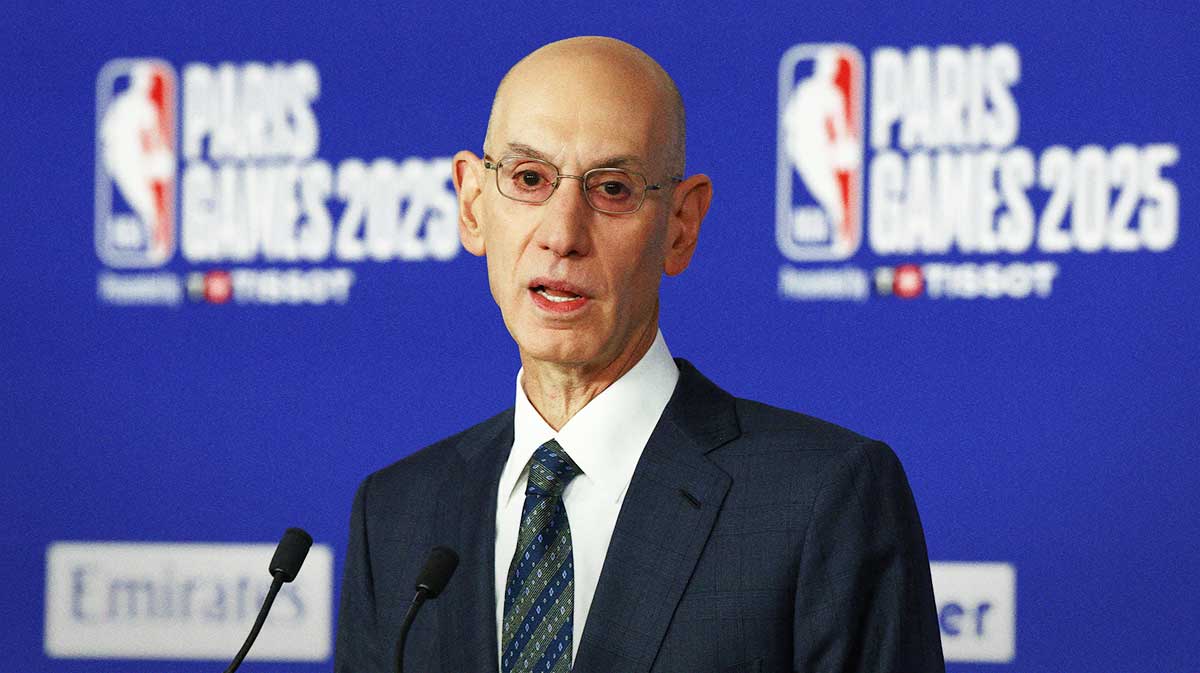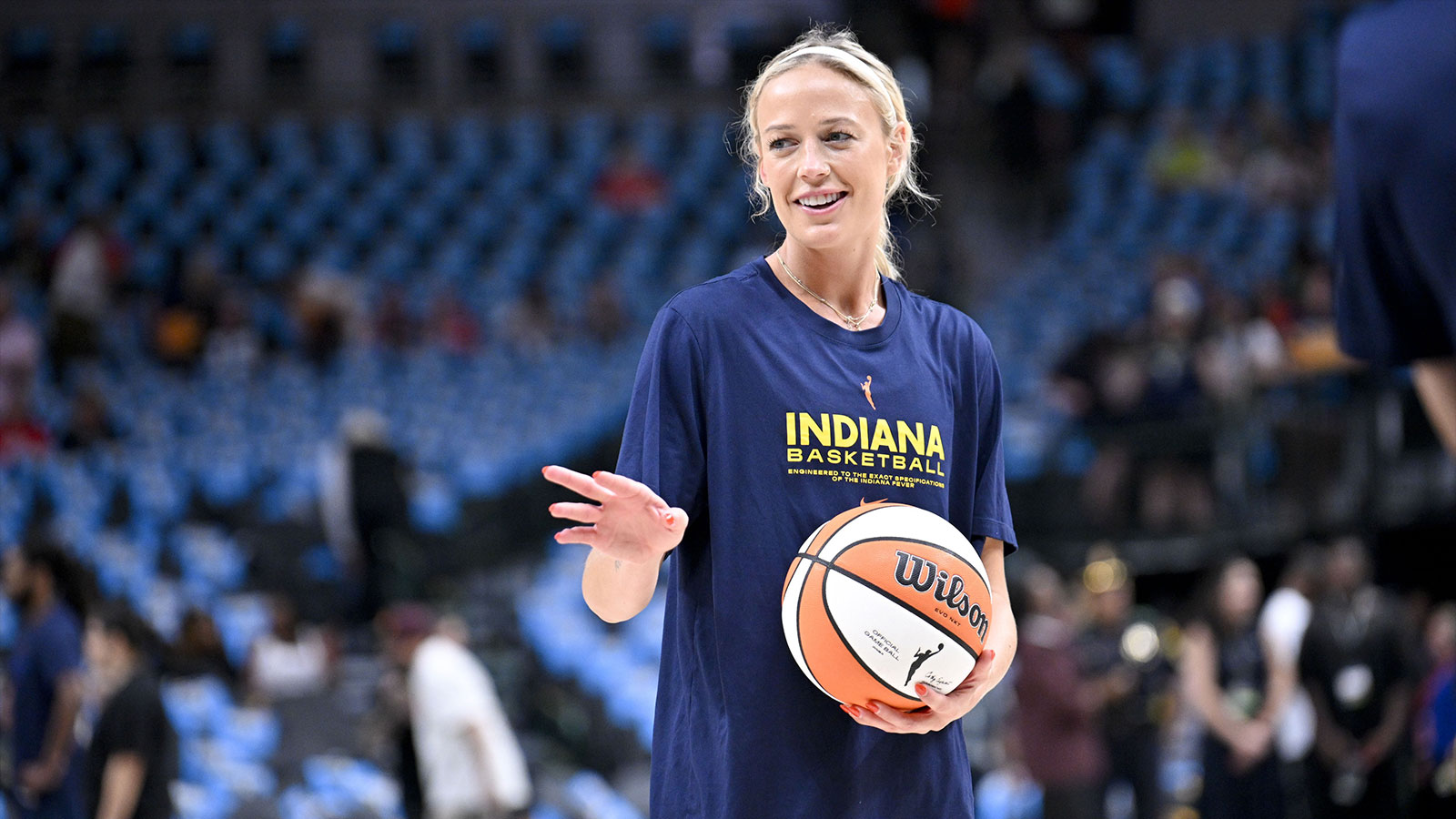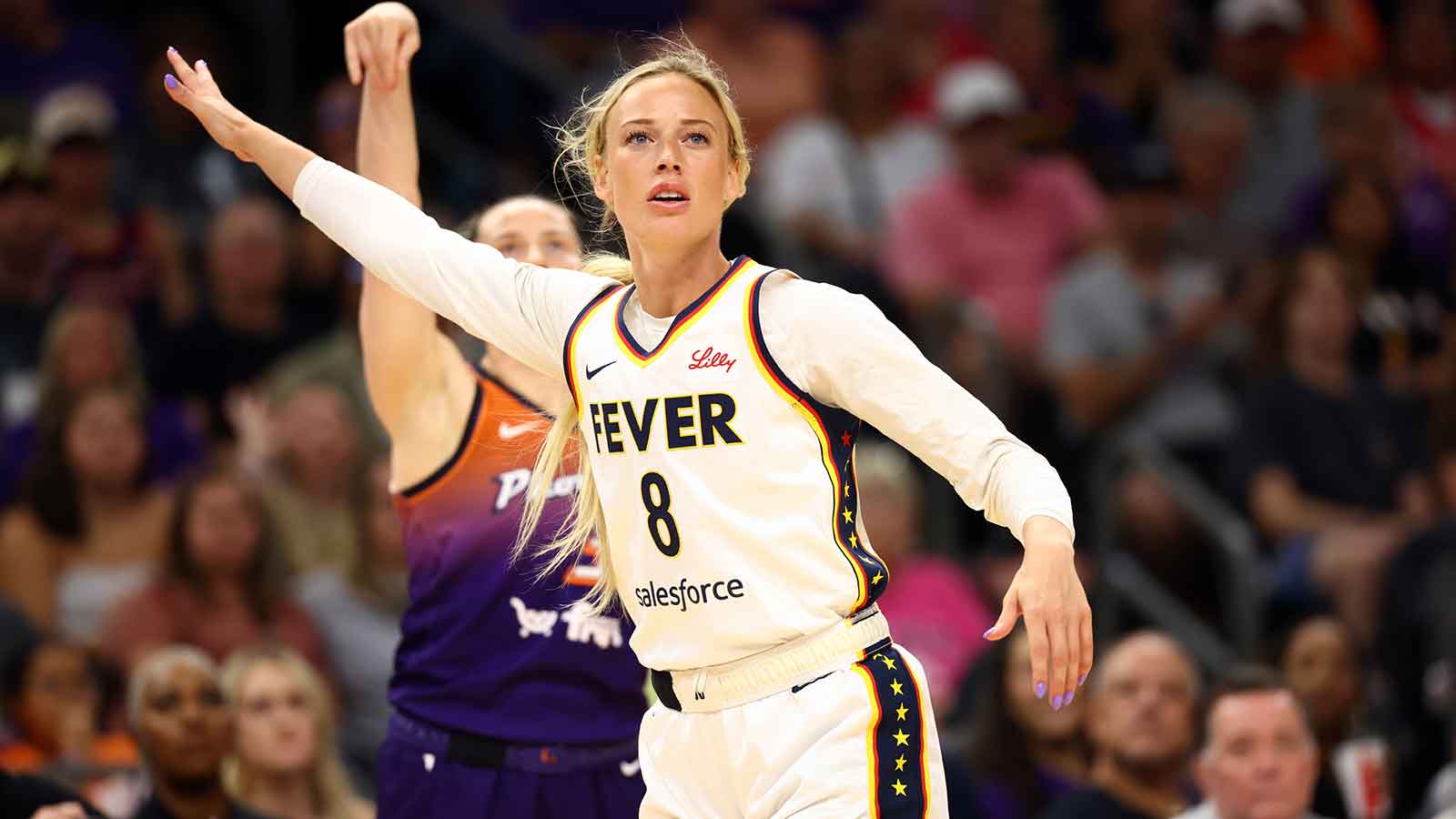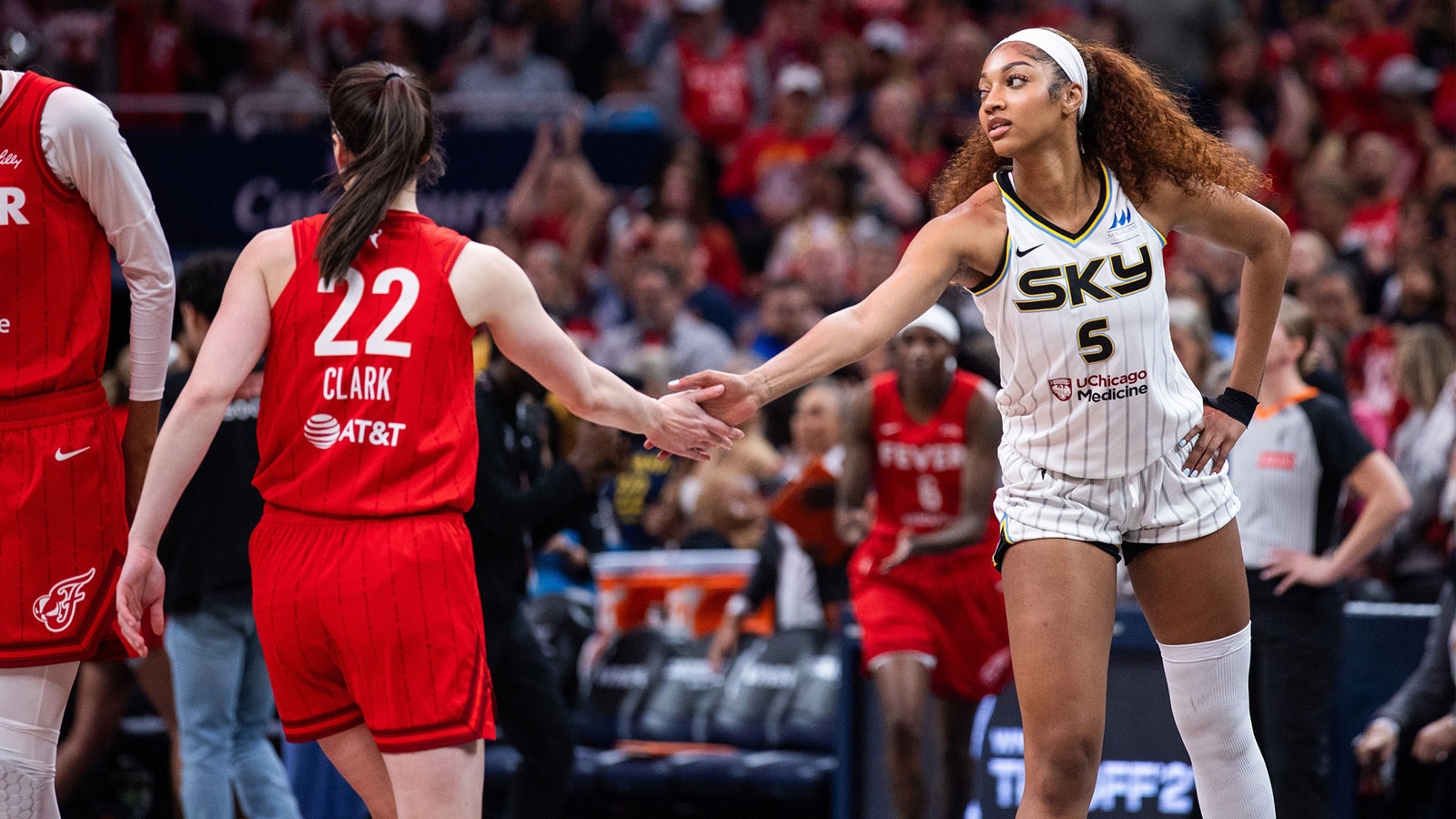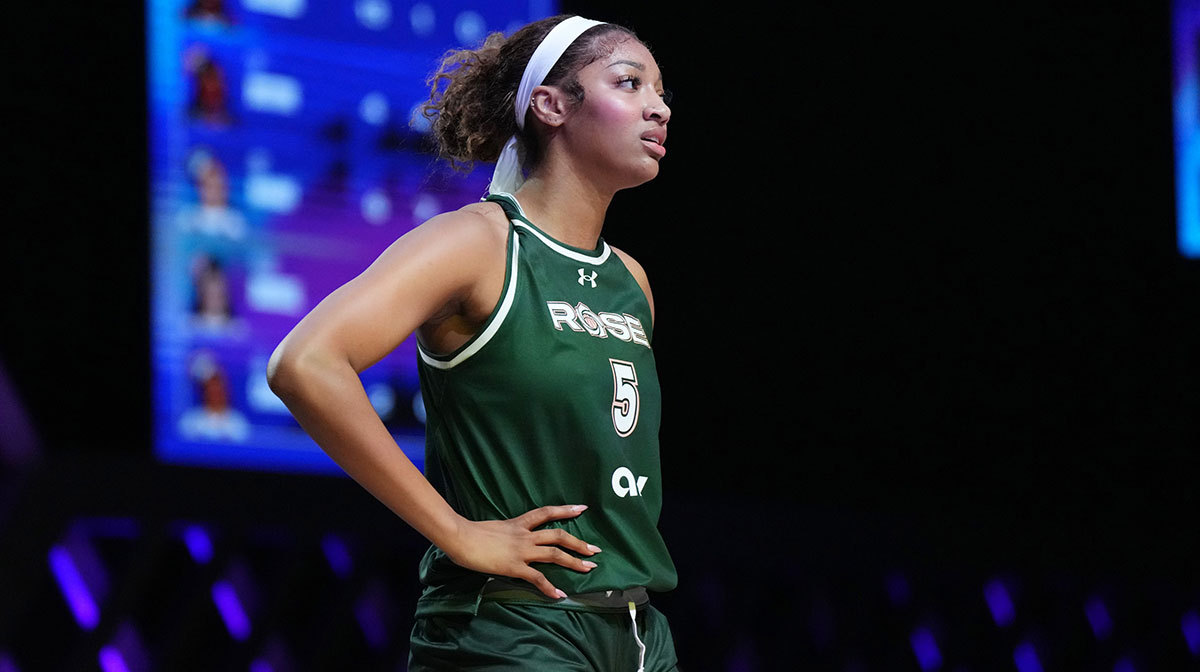Caitlin Clark has a convincing case as the best women's college basketball player of the modern era. The University of Iowa superstar is averaging 32.0 points, 7.1 rebounds, 7.6 assists and 1.7 steals this season, connecting on 40.7% of an unbelievable 13.1 three-point attempts per game—both career-highs. She led the Hawkeyes to the National Championship game a year ago, and no one would be surprised if Clark and company meet top-ranked South Carolina with the 2024 title on the line come early April.
Clark is still mulling her future beyond the 2023-24 college basketball season. A shoo-in for the No. 1 pick of the WNBA Draft whenever her Iowa career is over, the senior has one more year of eligibility remaining due to beginning her NCAA tenure in 2020-21, a season impacted by the COVID-19 pandemic.
No matter when she opts to take her talents to the next level, though, don't expect Clark to out-class WNBA competition out of the gate. Why? Let four-time champion, three-time MVP and Naismith Memorial Basketball Hall of Fame inductee Sheryl Swoopes explain.
“For people who have never watched a WNBA game: It's good. Like, there's talent. These women can play. And because there are very few roster spots, like it's a real job,” Swoopes told Gilbert Arenas on Gil's Arena. “So people look at new players coming in—whether that's out of college, players who've been overseas—and they look at that and say, ‘Oh, you trying to come take my job.' Like, ‘Nah, it's not gonna be that easy.' So will Caitlin Clark be a good pro? Absolutely. Will Caitlin Clark come into the WNBA and do what she's doing right now immediately? Absolutely not. Not gonna happen.”
Sheryl Swoopes says the WNBA will NOT be an easy transition for Angel Reese and Caitlin Clark
Thoughts? pic.twitter.com/R3WN36yDop
— Gilbert Arenas (@GilsArenaShow) January 31, 2024
Recent precedent suggests Caitlin Clark will need WNBA adjustment period
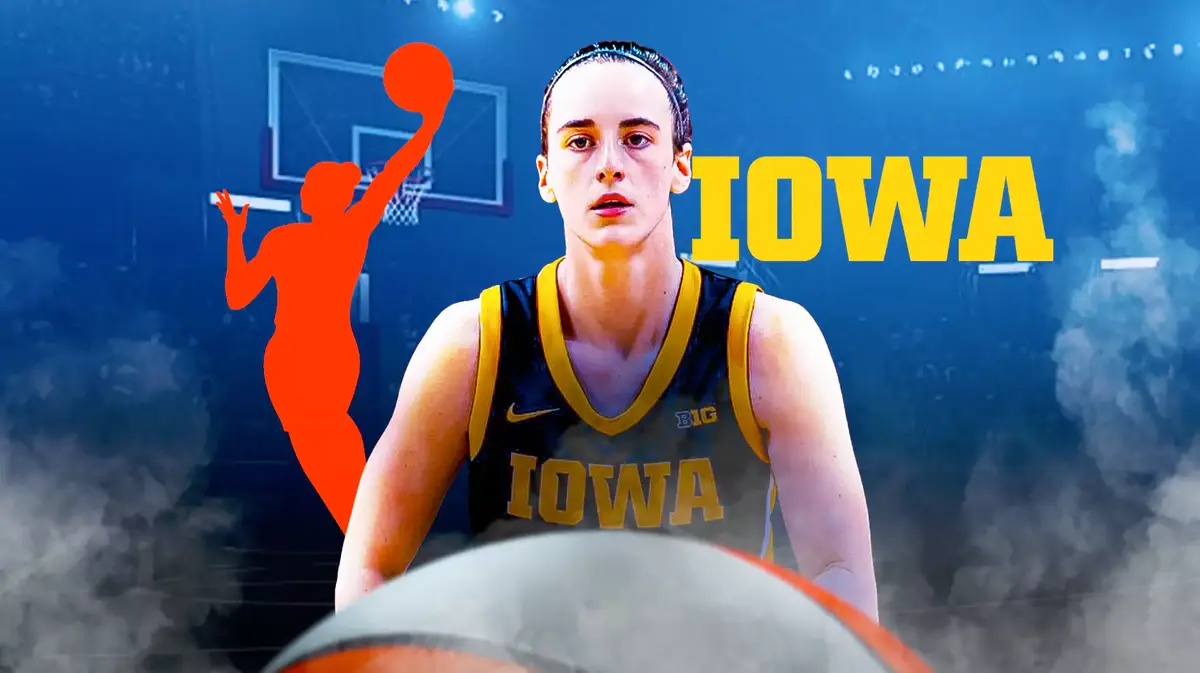
It's worth noting Swoopes—one of the several greatest players in WNBA history—didn't single out Clark while discussing the inevitable transition elite college players face en route to the pros. She expressed similar reservations about LSU superstar Angel Reese.
“I think Angel will eventually be a good pro,” Swoopes said. “I don't think Angel will come into the league immediately and dominate the way people think she will.”
Clark and Reese would hardly be the only women's college basketball idols of recent vintage to need time to acclimate to the speed, physicality and high-level concepts of the WNBA.
New York Liberty star and University of Oregon alum Sabrina Ionescu, for instance, played two underwhelming, inefficient seasons before making back-to-back All-Star Games in 2022 and 2023. Las Vegas Aces counterpart and former University of Washington star Kelsey Plum took far longer before finding her WNBA footing. Before she won consecutive championships and made consecutive All-Star Games with Vegas, Plum downright struggled over the first few seasons of her professional career.
Clark is a better, more dynamic player than even Ionescu and Plum were in college. She'll enter the WNBA as the most hyped draft prospect since Candace Parker all the way back in 2008. But the vast majority of rookies across all professional sports struggle relative to outsized expectations in their debut campaigns, and some for longer.
Maybe Clark really does prove the exception. Until she proves otherwise against the best players in the world, though, Swoopes' measured skepticism of “dominating” WNBA foes as a rookie is hardly noteworthy criticism. Instead, Clark and her increasing legion of fans should take Swoopes' comments as nothing more than illuminating guidance from one women's basketball icon to the next before her pro career tips off.

